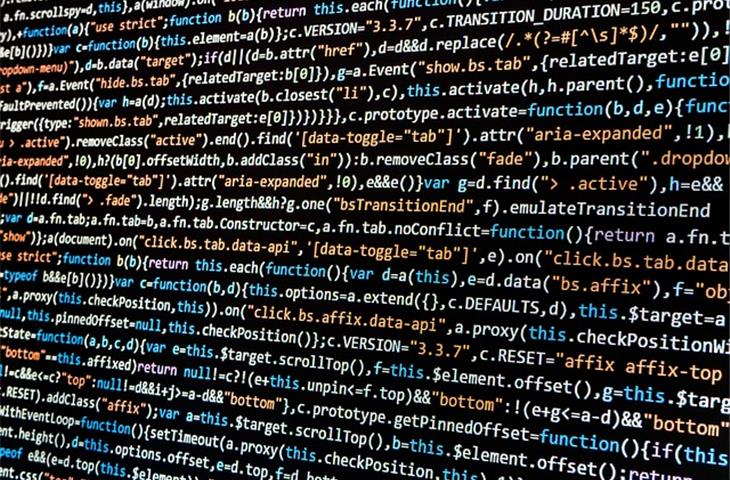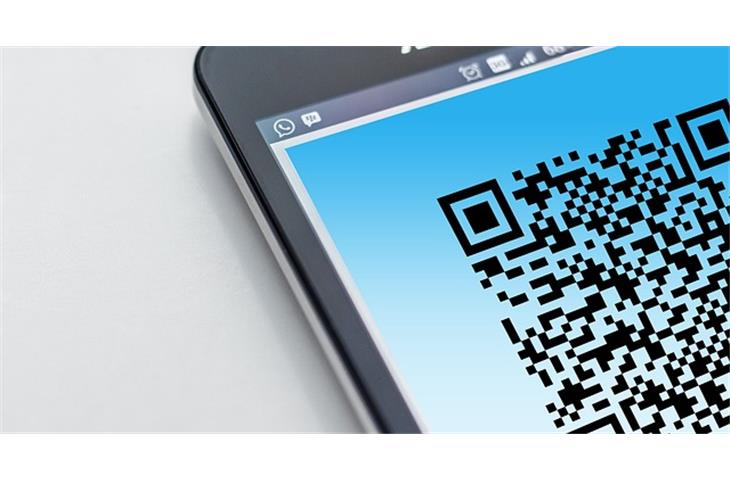In the arena of medical coding, the International Statistical Classification of Diseases and Related Health Problems, Tenth Edition, Clinical Modification (ICD-10 CM) holds a pivotal position in diagnosing and managing diverse conditions, encompassing cholecystolithiasis. This article provides insight into comprehending and interpreting specific ICD-10 codes pertaining to gallstones, their accompanying symptomatology, and complications, highlighting the application of these codes in clinical practice.
ICD-10 Choledocholithiasis with Obstruction
ICD-10 Code for Biliary Colic
ICD-10 Cholelithiasis Without Obstruction
ICD-10 Code for Cholecystolithiasis Without Obstruction
ICD-10 Code for Undefined Cholelithiasis
diagnostic Coding for Symptomatic Cholelithiasis
diagnostic Coding for Symptomatic Cholelithiasis

The diagnostic code for symptomatic cholelithiasis, also known as gallstone disease manifesting symptoms, is designated as K81.8. This code is employed when gallstones trigger symptoms but do not necessitate immediate medical or surgical intervention. It encapsulates the circumstance where patients experience pain or discomfort attributable to gallstones but prior to developing a deviation necessitating medical notice.
ICD-10 Code for Undefined Cholelithiasis

If the distinctive features of cholelithiasis remain insufficient for precise coding, K81.9 functions as the ICD-10 code for an undefined instance. This code acknowledges the existence of gallstones without exacting details regarding stone dimensions, site, or connected symptoms or complications, thereby establishing a universal categorization for medical records.
ICD-10 Code for Cholecystolithiasis Without Obstruction

For cases of cholecystolithiasis lacking evidence of obstruction in the common bile duct, K80.0 serves as the pertinent ICD-10 code. This code proves especially beneficial for recording instances where gallstones are detected within the gallbladder but do not hinder bile flow, signifying a less severe predicament potentially warranting vigilant surveillance instead of immediate therapy.
ICD-10 Cholelithiasis Without Obstruction
Mentioned explicitly by K80.0, this code underscores its significance in contrastively separating gallstones devoid of any obstructions from those that could precipitate more hostile complications. This code assists in accurately portraying the patient’s condition and steering suitable management protocols.
ICD-10 Code for Biliary Colic
Biliary colic, typified by intense pain in the right upper abdominal quadrant, is frequently linked to gallstones and can be noted with code K81.6. This code tailor-made for the acute phase of gallstone-induced agony enables caregivers to duly document the episode and execute requisite interventions.
ICD-10 Choledocholithiasis with Obstruction
When gallstones obstruct the common bile duct, potentially triggering complications such as jaundice or pancreatitis, the ICD-10 code K80.3 is deployed. This code is instrumental in recognizing and addressing the advanced phase of cholecystolithiasis, emphasising the urgency of prompt medical or surgical intervention.
Mastery of the appropriate ICD-10 codes for afflictions such as cholecystolithiasis forms the cornerstone of precise documentation, seamless interaction amongst healthcare practitioners, and assured patient care. The codes delineated herein – K81.8, K81.9, K80.0, K80.6, and K80.3 – offer a systematic method for pinpointing and handling gallstone-related complications across varying levels of acuity. By refining these codes, healthcare givers can augment diagnostic precision, expedite therapeutic planning, and contribute to superior patient outcomes.



Recent Comments